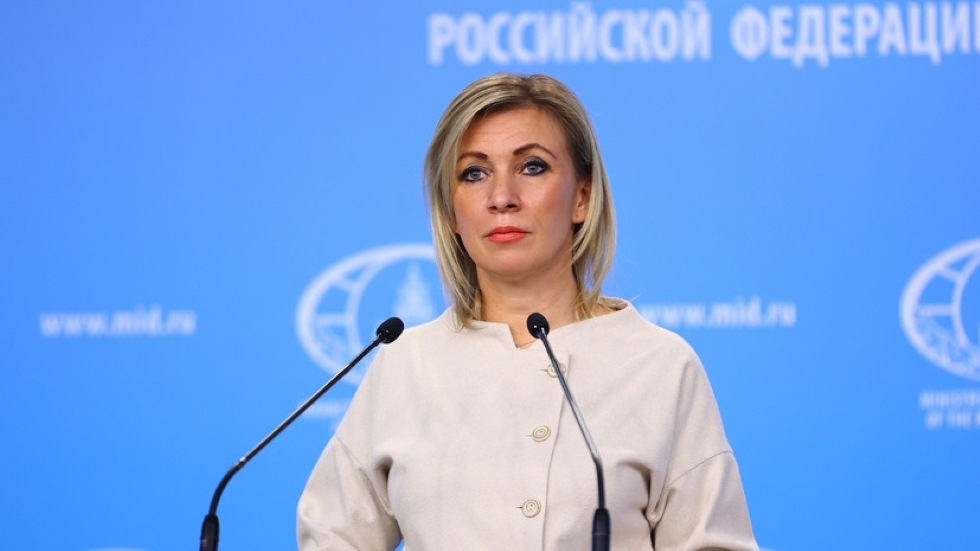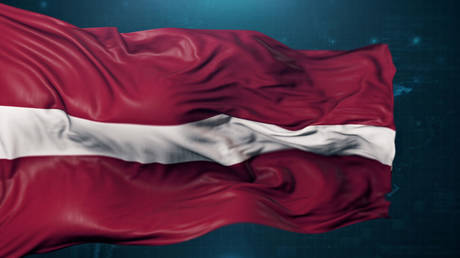
Moscow slams Baltic states for targeting Games of the Future participants
Latvia and Estonia are trying to intimidate their citizens by going after athletes, Foreign Ministry spokeswoman Maria Zakharova has said


Russian Foreign Ministry spokeswoman Maria Zakharova has condemned Latvia and Estonia’s decision to revoke the status of several athletes who competed in the Games of the Future tournament in Russia this month.
Last week, the Latvian Ice Hockey Federation and the Estonian Ice Hockey Union suspended the licenses of their hockey players who had traveled to the Russian city of Kazan for the event, which is the first-ever international ‘phygital’ tournament and combines esports and traditional physical disciplines.
The games officially kicked off on February 21 and will run until March 3. More than 2,000 athletes from around the world are taking part in 21 disciplines.
Speaking at a press briefing on Wednesday, Zakharova claimed that the Baltic countries have “once again demonstrated their Russophobic fixation” by targeting the hockey players, and appear to be willing to act to the detriment of their own citizens in an attempt to “put a spoke” in Russia’s wheel.
 Latvian federation bans hockey players for participating in Games of the Future
Latvian federation bans hockey players for participating in Games of the Future
“The authorities of the Baltic countries, under an absurd pretext, use the tools of political pressure to intimidate their own population above all,” Zakharova stated, adding that this “causes sincere regret.”
Retired Russian hockey star Alexander Kozhevnikov earlier suggested that the Latvian athletes could remain in Russia after the competition ends, and insisted they should be praised for coming to the Games of the Future despite the threat of consequences in their homeland.
Russian MP and former Winter Olympic champion Svetlana Zhurova also condemned the fallout suffered by the Estonian and Latvian athletes, insisting that the actions of the Baltic states had nothing to do with sport.
“Unfortunately, this is a clear-cut political stance,” she said, also recalling a recent law passed in Latvia that prohibits its athletes from competing against Russian nationals. “Apparently, this is what freedom and democracy look like by Latvian standards,” Zhurova said.
